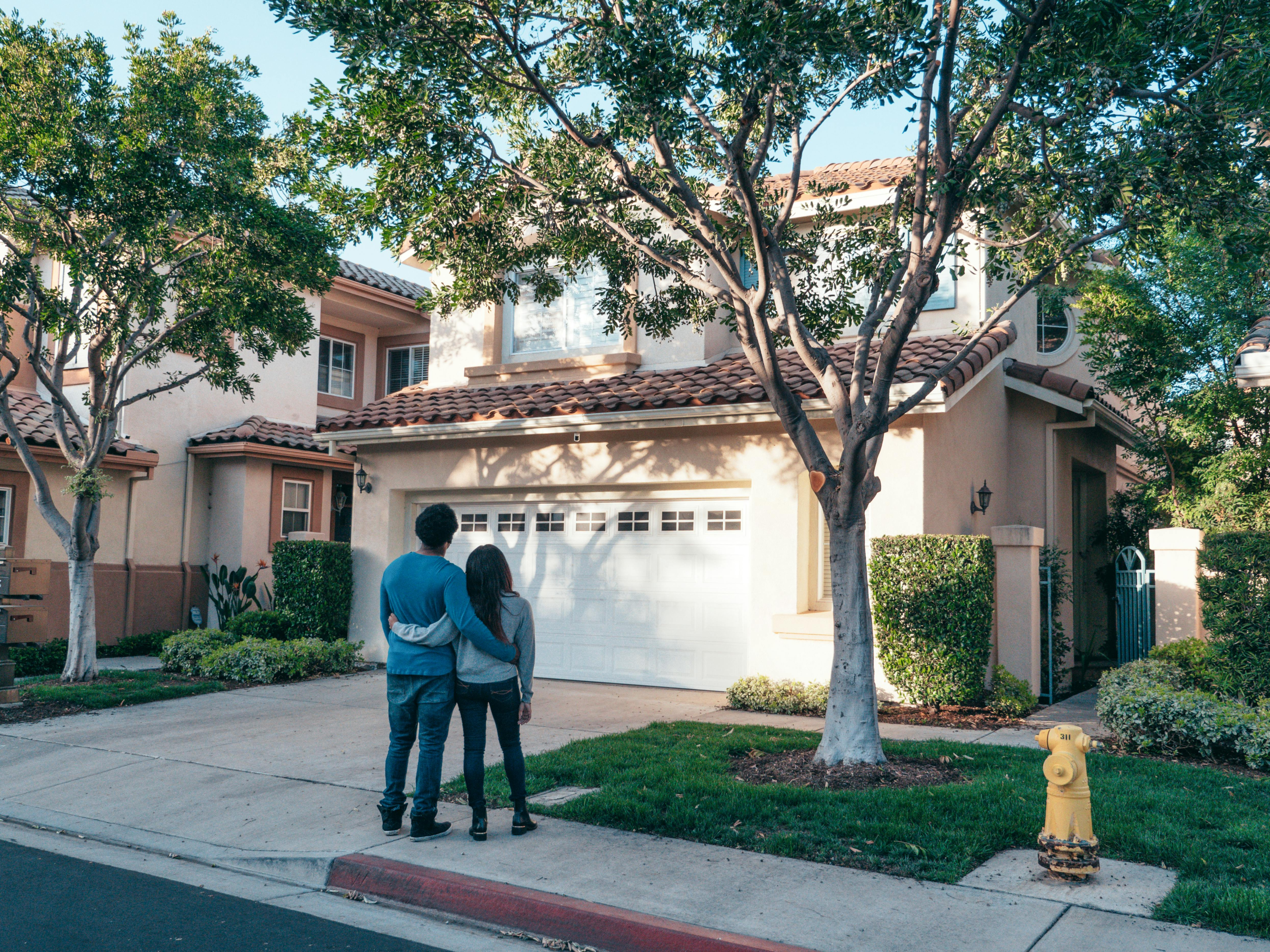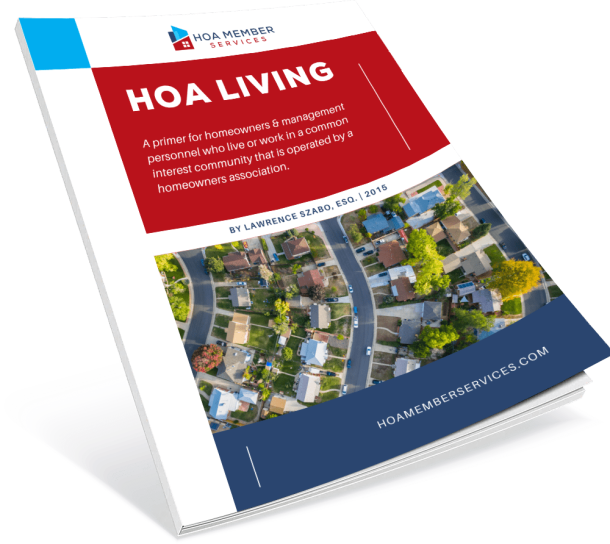When it comes to managing community standards and financial responsibilities, homeowners associations (HOAs) play a pivotal role. However, what happens when homeowners fall behind on their dues or incur fines for community rule violations? In such cases, an HOA has the authority to enforce collections rigorously, which can include placing a lien on the homeowner’s property.
This lien can severely affect the homeowner’s ability to sell or refinance their home and, in extreme cases, may lead to foreclosure. It is crucial for homeowners to understand the implications and legal grounds of such actions if they live under an HOA’s governance.
This article explores the circumstances under which an HOA can impose a lien for violations and the potential consequences for homeowners.
What is a Lien on a House?
A lien on a home is a legal right or claim against a property by a creditor. This can include mortgage lenders, government entities, or others with a legal stake in the property. Once a lien is placed on a property, it becomes part of the public record for the county where the property owner resides.
Having a lien on your home complicates efforts to sell it, secure a mortgage, or refinance. However, once the homeowner settles any outstanding debts, the lien is removed, making it simpler to sell or refinance the property.
What Are HOA Liens?
Buying a home in a planned community often means joining a homeowners’ association (HOA). An HOA can greatly impact your living experience. They are governing bodies that keep up and improve the neighborhood’s quality of life. HOAs provide services like community pools and parks.
They also ensure that all residents adhere to a set of standards. They play a crucial role the upkeep of the community’s looks and function.
The governance of an HOA is in the hands of board members, who are usually elected from among the residents. To manage responsibilities efficiently, many HOAs opt to employ management companies. These companies are tasked with handling the day-to-day operations of the community.
To fund the services they provide, HOAs collect monthly fees. Non-compliance with the community association’s standards or failure to pay these fees can lead to fines.
HOAs use bylaws and CC&Rs. These are legal documents that homeowners agree to when they buy their property to govern their communities. These documents outline the rights and duties of the HOA and the homeowners. They cover the association’s power to enforce community standards and collect dues.
An HOA has the power to place a lien on a property for unpaid dues or for failure to follow the community’s standards. An HOA lien can severely impact a homeowner’s ability to sell their property, secure credit, and in some cases, may even lead to foreclosure.
In order to avoid a situation such as this, homeowners, like you, must stay informed about their rights and duties. It is essential to keep open lines of communication with your HOA. You must also follow the community standards in the association’s rules and governing documents. Understanding the potential effects of unpaid dues and rule violations, including includes the chance of a lien or foreclosure is essential for life in an HOA.
When Can an HOA File a Lien?
Unpaid dues or fines for violating community rules can lead to your HOA placing a lien on your property. These liens can hinder your ability to sell or refinance your home and may lead to foreclosure in severe cases.
HOA fees are essential for the maintenance and management of common areas and services within the community. But, if you fall behind, your HOA will try to recover the owed amounts using normal methods. These include phone calls and reminder letters.
If their first efforts to get unpaid fees fail, your HOA may try other strategies to collect. One such measure could involve restricting your access to neighborhood facilities. It would also involve revoking your privilege to use amenities like the community pool, gym, tennis courts, or clubhouse. This would continue until the HOA fees are settled. In more severe cases, your HOA could escalate the matter to legal action, seeking a court judgment against you for the unpaid amounts.
One of the more potent tools at your HOA’s disposal is the imposition of a lien on your property for delinquent fees. Once fees become overdue, a lien automatically attaches to your property, signifying a legal claim against it for the amount owed.
While the specifics can vary, associations often take the step of recording this lien with the county recorder’s office. This recording publicly announces the lien’s existence. It provides formal notice of unpaid assessments to current and future lenders or buyers. It does this even if state law doesn’t require such recording.
The presence of an HOA lien creates a “cloud” on the title of your property, complicating your ability to sell or refinance your home. This cloud indicates to potential buyers and lenders that the property has debt owed to the HOA, which must be resolved before any transaction can proceed. In extreme cases, for example, if the debt remains unpaid, the HOA may proceed with a foreclosure action.
How Do You Remove an HOA Lien?
You can clear your property’s title by releasing the attached lien. Generally, this entails paying your outstanding HOA fees. It helps to talk to your HOA about any extra terms and requirements. These are for clearing your title and preventing similar issues. Below are a few other steps to consider when removing an HOA lien:
1. Review the CC&Rs and State Laws: Familiarize yourself with the governing documents of your HOA and any applicable state laws regarding HOA liens and foreclosures. This knowledge will guide your actions and negotiations.
2. Open Communication: Reach out to your HOA to discuss the lien. Often when facing financial difficulties, HOAs prefer to resolve issues amicably. An open line of communication can lead to arrangements like payment plans, especially if your financial difficulties are temporary.
3. Catch Up on Payments: If possible, bring your dues and any fines or interest up to date. This may involve personal loans, home equity loans, or other financial strategies. Once your debts are cleared, request a Lien Release form from your HOA.
4. Seek Legal Advice: If you find yourself unable to negotiate with your HOA or if the lien has led to foreclosure proceedings, consulting with a real estate attorney can be crucial. They can help navigate the complex legal landscape and advocate on your behalf.
5. Utilize Free Legal Resources: If you cannot afford an attorney, look into free legal assistance. Organizations like 211.org can connect you with a legal professional, community resources and affordable credit counseling services.
How Do You Prevent Future HOA Liens?
- Stay Current on Payments: To avoid future liens, keep up with your HOA dues and fines. Setting up auto payments can help manage this automatically.
- Understand and Follow Community Rules: Familiarize yourself with your community’s rules and regulations to avoid unintentional violations that could lead to fines.
- Engage with Your HOA: Consider joining the HOA board. This could give you a voice in decision-making processes, potentially leading to changes in how the HOA operates or handles financial difficulties faced by homeowners.
Final Thoughts
Facing an HOA lien can be stressful, but there are pathways to resolution. You can take steps to understand your rights and duties. You can communicate well with your HOA. You can seek legal advice when needed. This will help you navigate this tough situation. Remember, prevention is key to avoiding liens, so staying informed and engaged with your HOA’s policies and procedures is essential. If you have further questions, don’t hesitate to explore our articles and case decisions where we further break down HOA liens.








